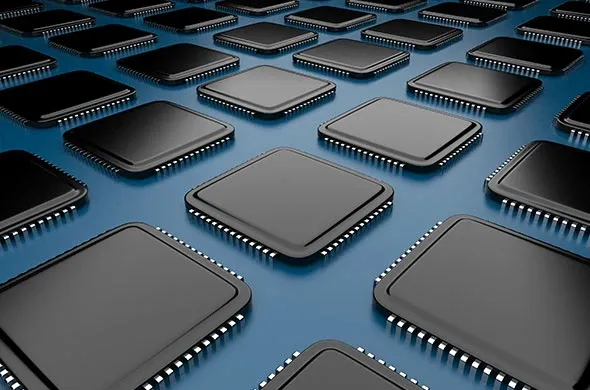Fraud to Cost Financial Institutions $58.3 Billion by 2030
A new study by Juniper Research forecasts a 153% surge in fraud by 2030, rising from $23 billion in 2025 to $58.3 billion in 2030.

The Arm-based mobile computing chip market (smartphones, tablets, and notebook PCs) grew 27 percent to $35.1 billion in 2021, according to Strategy Analytics. The research report estimates that Qualcomm, Apple, and MediaTek captured the top-three revenue share ranking spots in the Arm-based mobile computing chip (AP) market in 2021.
Qualcomm led the market with a 34 percent revenue share, followed by Apple with 31 percent and MediaTek with 24 percent. Smartphone, tablet, and notebook PC processors accounted for 88 percent, 9 percent, and 3 percent of total Arm-based mobile computing chip revenue in 2021. Arm-based mobile computing market outperformed the x86-based mobile computing market in revenues and units. The total Arm-based mobile computing chip revenue was almost 20 percent higher than that of x86 (excluding chipsets and discrete GPUs) in 2021.
"Arm-based mobile computing posted robust revenue growth in 2021, driven largely by growth in smartphone applications processors. MediaTek led the overall Arm-based mobile computing market in units while Qualcomm led in revenues. In addition, MediaTek led the Arm-based smartphone, Android tablet, and Chromebook processor segments in unit terms in 2021," said Sravan Kundojjala, author of the report and Director of Handset Component Technologies service at Strategy Analytics.
"Apple established itself as a distant market leader in Arm-based notebook PC processors with almost 90 percent revenue share. Apple's M-series family of processors set the benchmark and gave Apple a 2-3-year lead over the rest of the Arm-based PC processor vendors. Qualcomm captured just a 3 percent revenue share in the Arm-based notebook PC processor market in 2021 and lags Apple in CPU performance. Despite its low share, Qualcomm continues to invest in notebook PC processors with its Nuvia CPU cores. We believe that Arm-based notebook PC processor offers an attractive opportunity to Qualcomm, given the company's growing collection of high-performance processor assets including CPU, GPU, AI, audio, imaging, connectivity, gaming, and security," concluded Kundojjala.